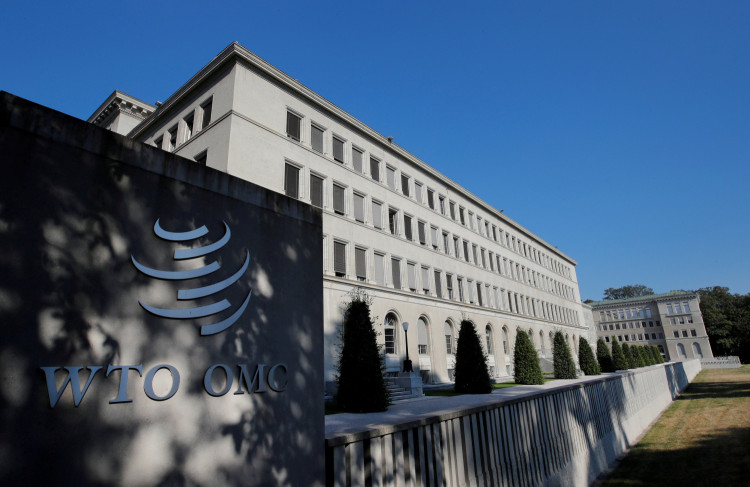The European Union (EU) is fighting to stave-off United States' tariffs of 100% on a range of its products, likely to be imposed Wednesday after the World Trade Organization (WTO) ruled against it in a 15-year-old arbitration case over illegal aircraft subsidies.
Anna Cecilia Malmström, the European Commissioner for Trade, on Tuesday said it was her impression the Trump administration will impose new and painful tariffs on the EU. She also said she has "not received any positive response" from the Trump administration to EU proposals to avoid immediate tariffs.
After the painful WTO decision on Wednesday, however, Malmström said new U.S. tariffs will be "short-sighted and counterproductive." She did not dismiss the possibility of retaliatory EU tariffs on U.S. goods.
Trump administration officials contend the EU has "no basis" to retaliate against the planned duties. The EU, however, is confident of winning a WTO it brought against the U.S. concerning illegal American subsidies to The Boeing Company.
Both the EU and the U.S. will hold trade talks on Oct. 14. It's unclear if this upcoming meeting will convince the Trump administration to hold off on the new tariffs, which are slated to take effect on Oct. 18.
WTO arbitrators that met at Geneva Monday finalized their ruling on the arbitration case brought by the United States against the EU in 2004 during the presidency of George W. Bush. The U.S. demanded compensation for what it claimed are illegal subsidies granted by European governments to aircraft maker Airbus SE based in The Netherlands.
The decision against the EU will allow the U.S. to hit several European exports with billions of dollars in tariffs. Analysts said the new U.S. tariffs will spark a new trade war pitting Trump against the EU.
On Wednesday following the WTO ruling, senior officials from the Office of the U.S. Trade Representative (USTR) confirmed the U.S. will impose tariffs on EU products.
USTR is expected to add a 10 percent tariff on EU aircraft and a 25 percent tariff on agricultural and other products. It plans to release the product list to be hit by higher U.S. tariffs either Wednesday evening or Thursday morning.
These new levies will take effect on Oct. 18.
USTR in April published a list of potential tariff targets worth a total of $25 billion. It's also requested permission from the WTO to introduce 100 percent tariffs on European products worth $11.2 billion.
Arbitrators must determine if that amount is proportionate and reasonable, or whether it should be lower, as the Europeans have requested.
Analysts, however, argue the U.S. won't receive the right to impose tariffs on this amount but will likely impose tariffs on EU goods worth $7.5 billion annually.
On the other hand, the EU has its own separate case before the WTO. It argues Boeing receives unfair financial assistance from the U.S. federal government. A WTO ruling on this is expected in about nine months.
Airbus Chief Commercial Officer Christian Scherer recently told CNBC the legal action is unlikely to benefit either firm.
"I don't think that the aerospace communities or ecosystems on either side of the Atlantic have anything to gain (by) going at each other's jugular," he said.
The U.S. exported some $319 billion worth of merchandise to the EU member countries in 2018, making the EU the largest American export market. The U.S. imported $488 billion in goods from the EU. The EU is the U.S.' second-largest supplier of merchandise after China.






